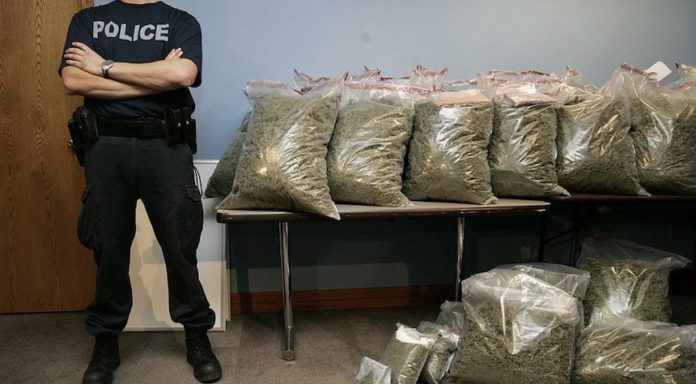According to Hartford’s WSFB, thousands of Connecticut residents will see their “low-level” cannabis convictions either partially or completely expunged.
The state has announced that records of around 44,000 residents will be cleared starting January 1, 2023. This includes cases dating back more than 30 years.
Governor Ned Lamont provided two reasons why the convictions would be erased. The first was that recreational marijuana was legalized in the state in July 2021. This allows adults over 21 to keep 1.5 ounces of cannabis on their person, or five ounces in locked containers, glove compartments, or trunks.
The governor stated that “On January 1, 2018, thousands of Connecticut will have their low-level cannabis convictions automatically wiped clean due to the cannabis legalization legislation we enacted last Year.”
Gov. Lamont cites the other reason as the state’s “hundreds and thousands” of job openings.
The governor stated that a conviction for low-level cannabis possession shouldn’t stop Connecticut employers from filling hundreds of thousands of job opportunities.
The U.S. Bureau of Labor Statistics ranks Connecticut #43 in terms of “State Unemployment Rate,” with 4.3% of the unemployed. This is tied with New Mexico and Delaware. In 2021, Connecticut’s median household income was $78,833, $8,000 higher than the national average.
Convictions from 2000 to 2015, when decriminalization was passed, are eligible for erasure. However, a petition must be filed in court to remove a prior conviction or a conviction related to possession/selling charges (up to four ounces or six plants).
According to state officials, anyone who has had their convictions overturned will legally be able to declare that they never occurred.
Officials stated that residents who had their records erased could tell landlords, schools, and employers that the conviction never happened.
Recreational marijuana use was on the ballot for the 2022 midterms in five states: Arkansas, Maryland, Missouri, North Dakota, and South Dakota.
The vote passed in only Maryland and Missouri, joining 19 other states with legal recreational use.


